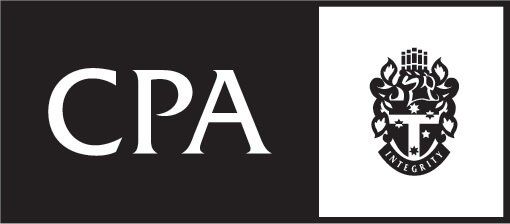February 2021 – Update
New measures applying from 1 January 2021
The Government has introduced a number of new measures which came into effect from 1 January 2021, including (among others):
- The most significant changes to Australia’s insolvency framework in 30 years, which are intended to reduce costs, cut red tape and help more small businesses recover from the pandemic. The reforms introduce a new, simplified debt restructuring process. These measures apply to incorporated businesses with liabilities of less than $1 million — covering around 76% of businesses subject to insolvencies today, 98% of which have less than 20 employees.
- Australians will have more power to choose their own superannuation fund: ‘Your Superannuation, Your Choice’ allows around 800,000 Australians to decide where their retirement savings are invested, representing around 40% of all employees covered by a current enterprise agreement.
- The Government’s HomeBuilder program has been extended to 31 March 2021. The scheme is expected to support the construction or major rebuild of an additional 15,000 homes.
- Major reforms to Australia’s foreign investment framework take effect, with new requirements for foreign investors.
JobMaker Hiring Credit scheme open from 1 February 2021
The JobMaker Hiring Credit is a wage subsidy payment to employers as an incentive to employ additional job seekers aged 16 to 35 years. Registrations for the JobMaker Hiring Credit scheme opened on 7 December 2020 and claims for the first JobMaker period can be made from 1 February 2021, provided employers are registered and meet all eligibility requirements.
Employer eligibility requirements are:
- Up to date with their tax and GST lodgement obligations for the last 2 years
- Have not claimed JobKeeper payments for a fortnight that started during the JobMaker period
- Reporting payroll through Single Touch Payroll
Shortcut rate for claiming home office expenses extended
The ATO has extended (again) the ability to utilise the "shortcut rate" for claiming home office running expenses to 30 June 2021 (it previously only applied until 31 December 2020). The ATO's guideline allows certain taxpayers to claim a fixed rate per hour (80 cents per hour) for most additional running expenses incurred when working from home by keeping a record of the number of hours they have worked from home, rather than needing to calculate specific running expenses. The expenses included in the shortcut rate include lighting, heating, cooling and cleaning costs, the decline in value and repair of home office items (such as furniture and furnishings in the area used for work, computers and laptops, etc.), and phone and internet expenses. However, the guideline does not cover "occupancy expenses", such as rent, mortgage interest, property insurance and land taxes.
AAT decision on JobKeeper and backdated ABNs
On 21 December 2020, the AAT handed down its decision in a case relating to a taxpayer's eligibility for JobKeeper payments, in circumstances where the Registrar of the Australian Business Register decided to reactivate a previously cancelled ABN after 12 March 2020, with a backdated effective date on or before 12 March 2020. The AAT held that the taxpayer met the JobKeeper requirement to have an ABN on 12 March 2020. However, the ATO disagrees with this decision and has lodged an appeal in the Federal Court. While the appeal outcome is pending, the ATO will postpone finalising decisions regarding an entity’s eligibility for JobKeeper where the entity has backdated its registration to qualify. The ATO is taking a similar position in relation to eligibility for the Cash Flow Boost. Note that the AAT's decision has not changed the need to satisfy all other eligibility conditions.
ATO data-matching programs
The ATO has announced it will engage in the following data-matching programs:
- it will acquire motor vehicle registry data from state and territory motor vehicle registry authorities for 2019/20 through to 2021/22, with records relating to approximately 1.5 million individuals to be obtained each financial year; and
- it will acquire data on Australian sales made through online selling platforms for the 2018/19 through to 2022/23 financial years, collecting 20,000 to 30,000 account records each financial year (with around half of the matched accounts relating to individuals).
These records will be electronically matched with ATO data holdings to identify non-compliance with registration, lodgement, reporting and payment obligations under taxation laws.
Cash payment limit Bill shelved
It appears that the Government has decided not to proceed with its proposal to limit cash payments in Australia to $10,000. This measure was originally raised as part of the 2018/19 Budget, and the Government subsequently introduced a Bill to the House of Representatives, proposing to make it an offence for entities to make or accept cash payments of $10,000 or more. That Bill passed the House and was then introduced to the Senate on 11 November 2019, but proceeded no further, and the Government withdrew the Bill from the Senate on 3 December 2020.
Victorian Small Business Digital Adaptation Program
The Small Business Digital Adaptation Program allows eligible businesses to trial and receive access to digital products used in their day-to-day operations. Once the eligible product is purchased, eligible businesses can apply for a rebate of $1,200 to access the product for 12 months. You must register in this program before 28 February 2021 to access the rebate and claim the rebate before 31 March 2021.
To be eligible for the program an applicant must:
- operate a business located in Victoria
- hold an Australian Business Number (ABN)
- have held that ABN on 13 September 2019
- be registered for Goods and Services Tax (GST) on 13 September 2020.
Not-for-profit entities that are not registered for GST and are registered with the Australian Charities and Not-for-Profit Commission are also eligible to apply.
Products from the following suppliers are currently eligible:Mr Yum
- MYOB
- Shopify
- Square
- Squarespace
- Xero
- Australian Good Food Guide
- Ecwid Inc.
- Intuit Australia (QuickBooks)
- Lawpath
- Reckon Limited
- ServiceM8
- Trade Trak
- Victorian Automobile Chamber of Commerce (VACC)
Products chosen by eligible businesses must be new products not currently used by the business, or an upgrade of an existing product with additional product features providing specific digital adaptation capability (for example, upgrading an existing website to an e-commerce site), or a product available under the program that has been used by the business before (more than one year ago) that it would like to resume using.
The Small Business Digital Adaptation Program will not cover the cost of: renewals of existing product or software licences, or minor updates to existing products (for example, a software version update), or products that are not available under the program.
You may use the following link for registrations:
https://www.business.vic.gov.au/support-for-your-business/grants-and-assistance/business-resilience-package/Small-Business-Digital-Adaptation-Program#Registration-form
The information provided in this Newsletter is general in nature and if you have any queries or require further information or assistance with the above, please
contact our office.
Crawford News






